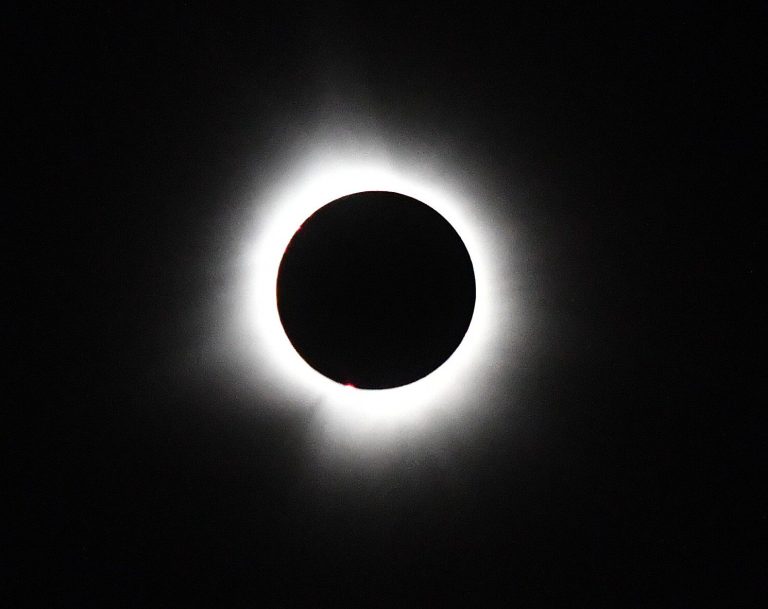
By Karen Rubin, Travel Features Syndicate, goingplacesfarandnear.com
With a huge swath of New York State in the path of totality for the April 8, 2024 Solar Eclipse, we headed to the Adirondacks, cleverly basing ourselves at The Lorca on Indian Lake, which was scheduled to have totality for two minutes, with a plan to drive 30 minutes further to Long Lake, which was scheduled for totality to last a full minute longer, 3 minutes, 1 second, beginning at 3:24 pm, where we based out of the historic (140 years!) Adirondack Hotel, right on the lake.
That proved fortuitous, because though totality spanned a 124-mile wide path stretching from Chautauqua-Allegheny to the majestic Niagara Falls in Greater Niagara, over the pristine Finger Lakes, mighty Adirondacks, and magical Thousand Islands-Seaway, and while Niagara Falls and Buffalo were scheduled to have totality for as much as four minutes, the weather clouded up for most of it. New York State won’t be in the path of totality again for 400 years.
Meanwhile, we had a magical three minutes of totality on Long Lake, starting exactly at 3:24 pm, experiencing the thrill of night-in-the-daytime where you could see stars, then the Diamond Ring, and hearing a dog howl along with everyone’s collective gasps. Then, only a few minutes after, the sun’s crescent started to reappear, but was hazy behind a thin cloud cover, making us appreciate the experience we had all the more.
Here are highlights of the stellar show:
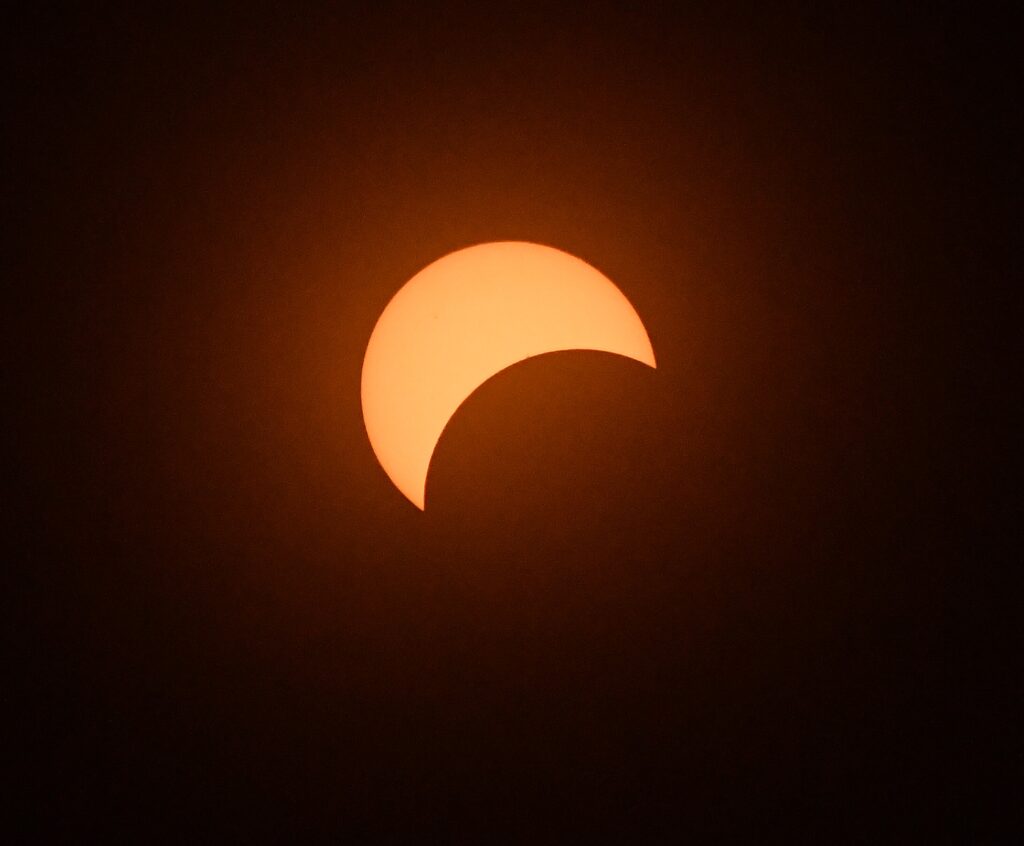
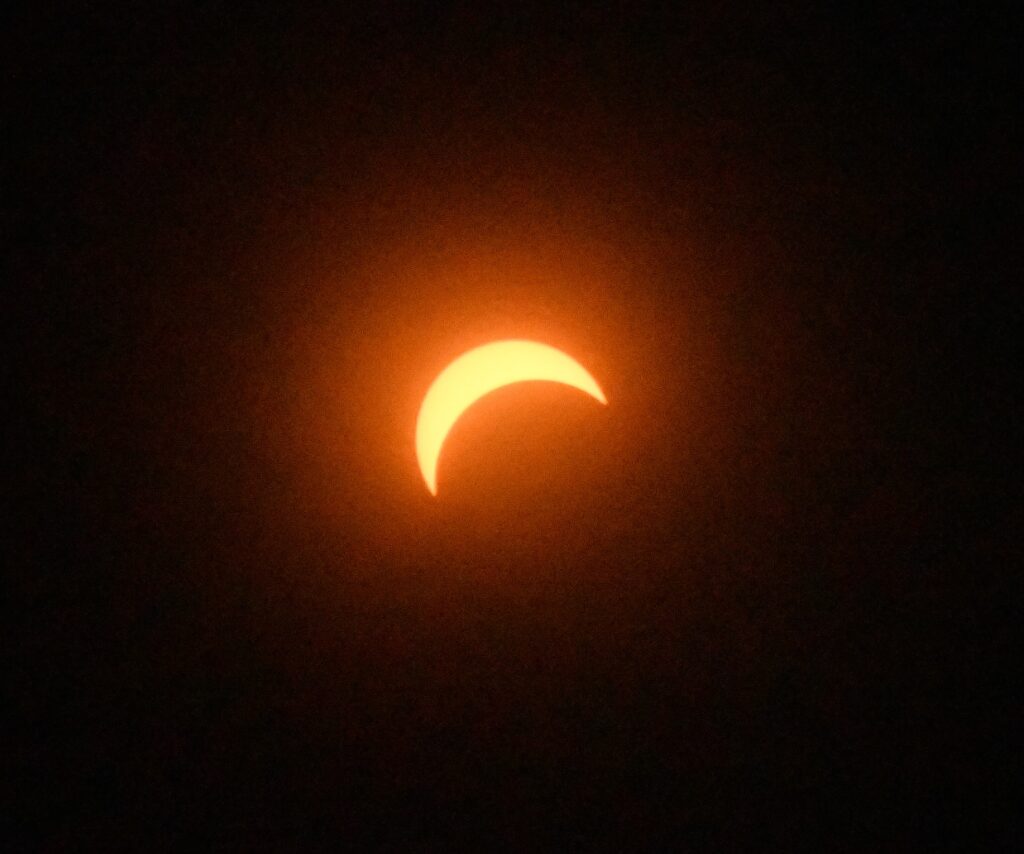
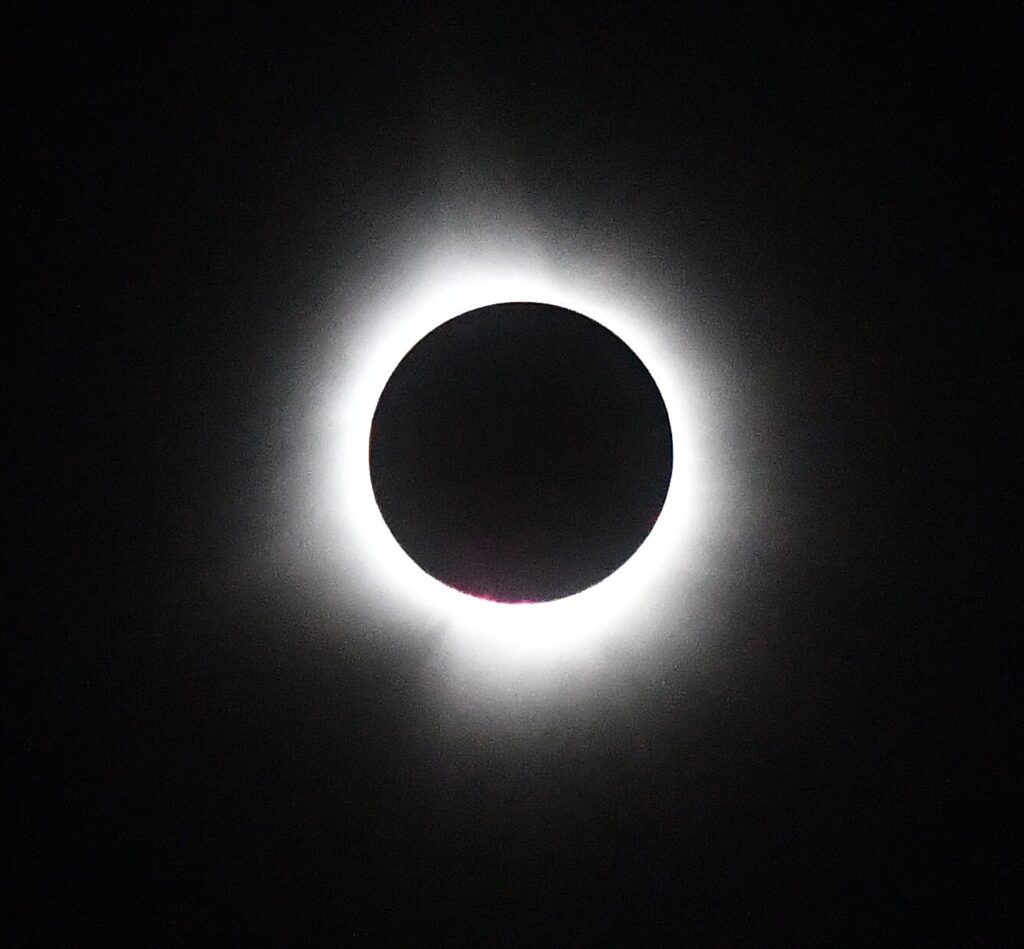
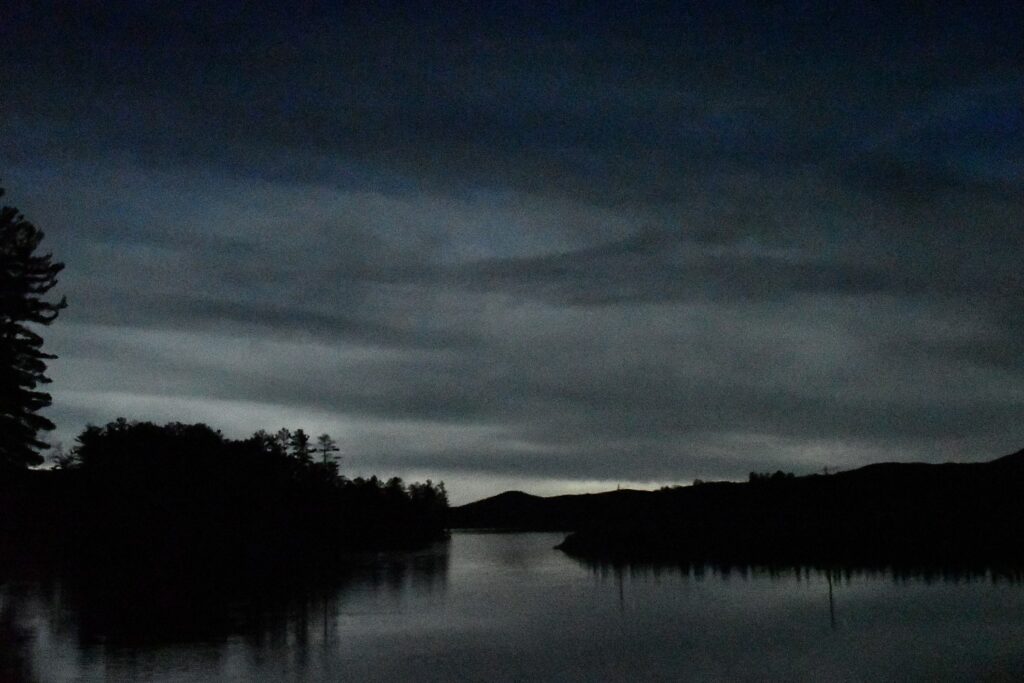
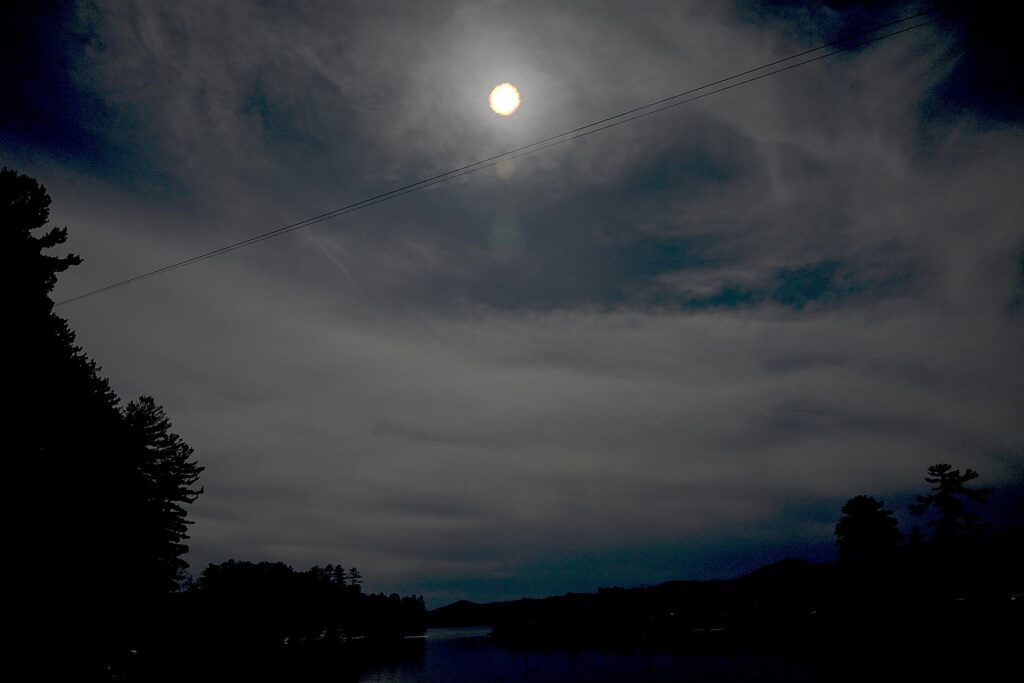
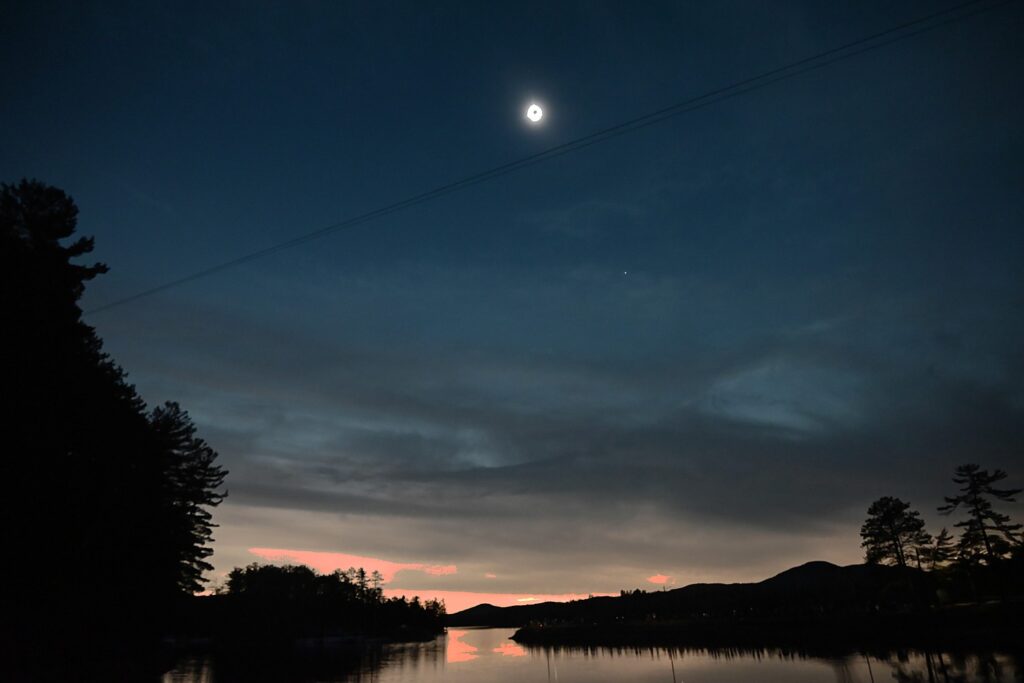
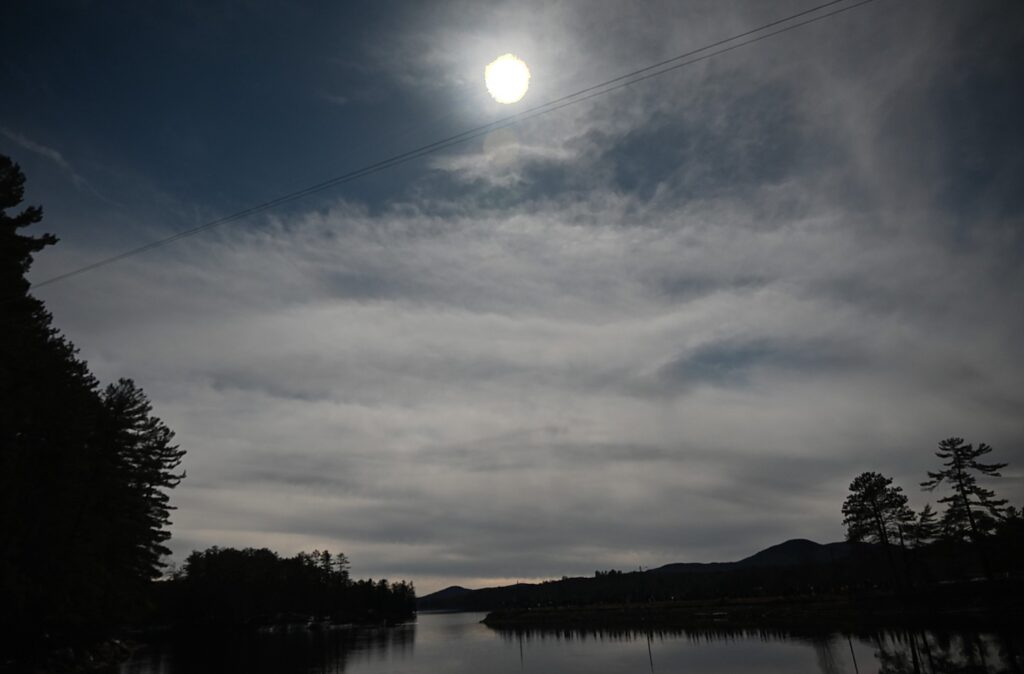
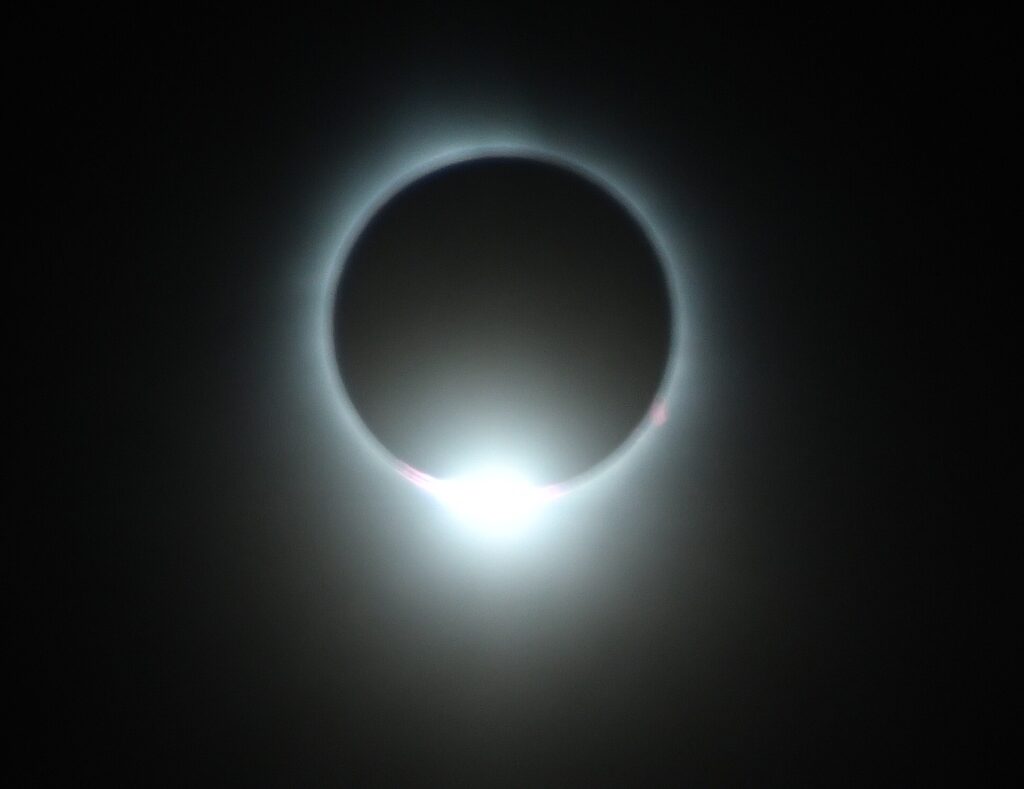
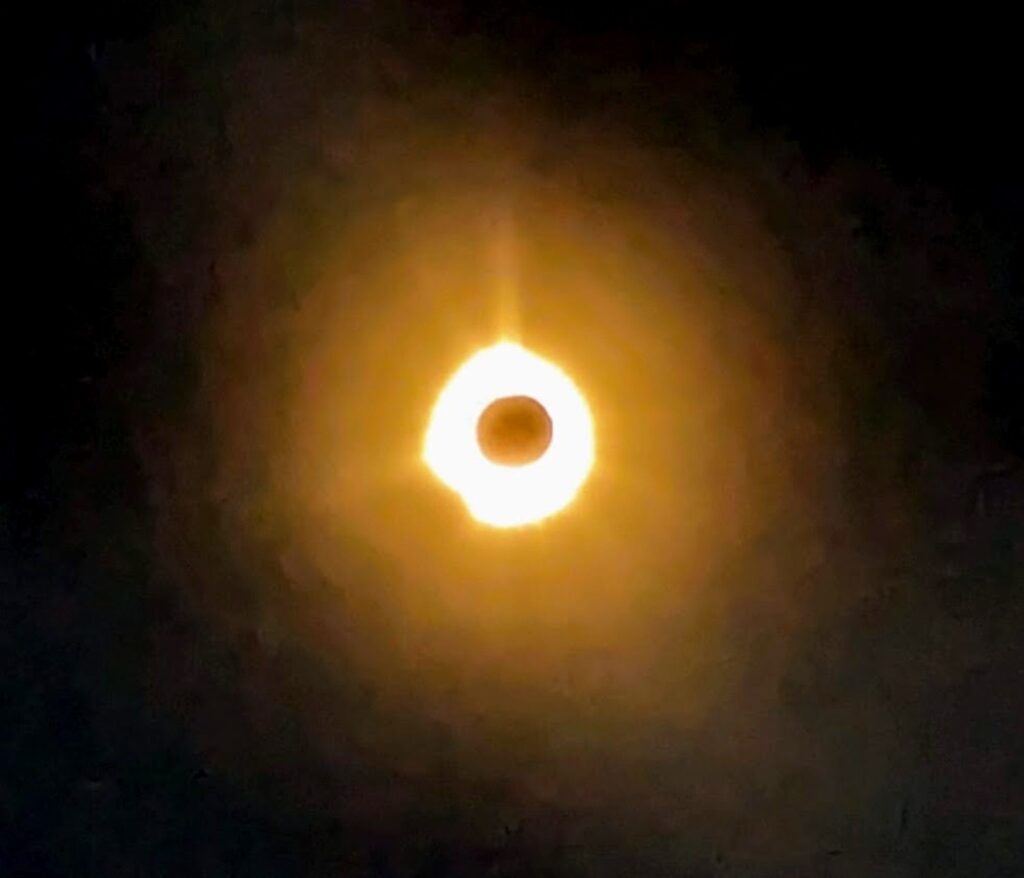
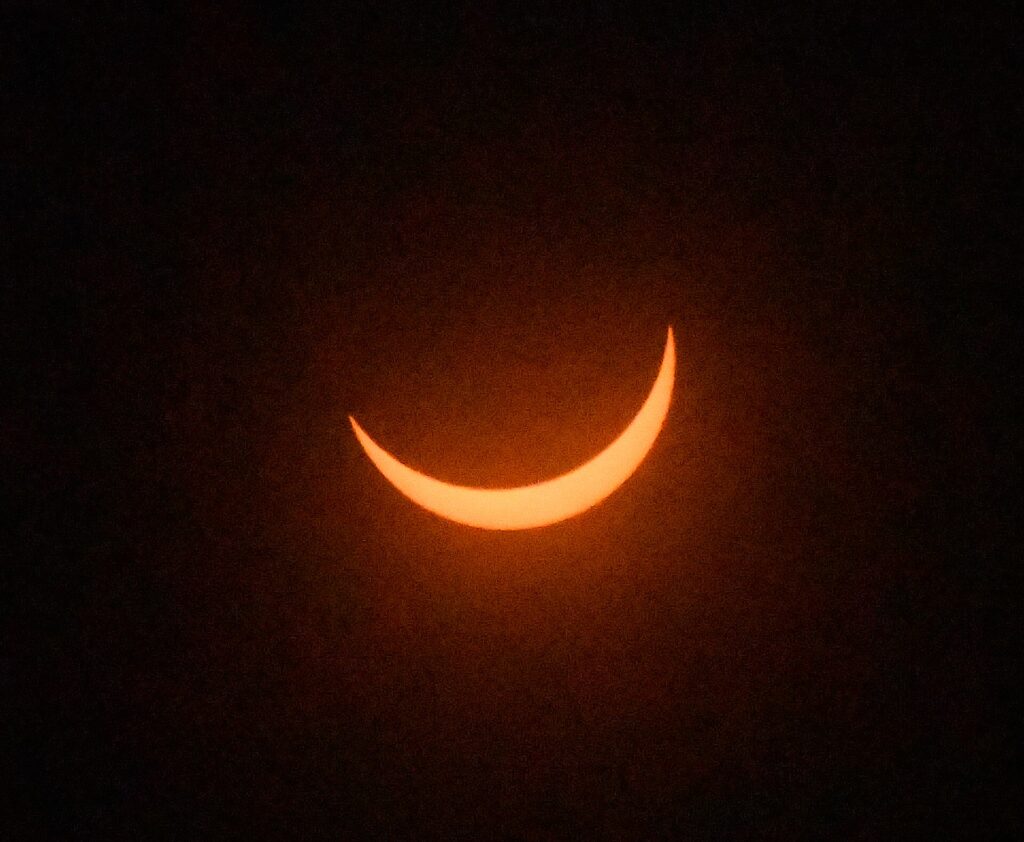
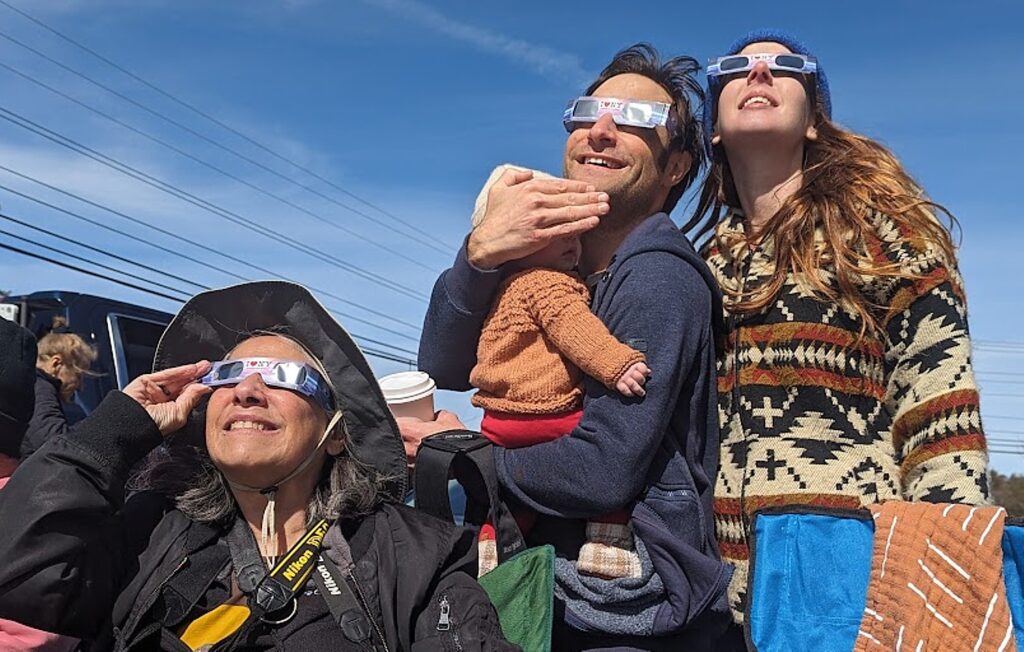
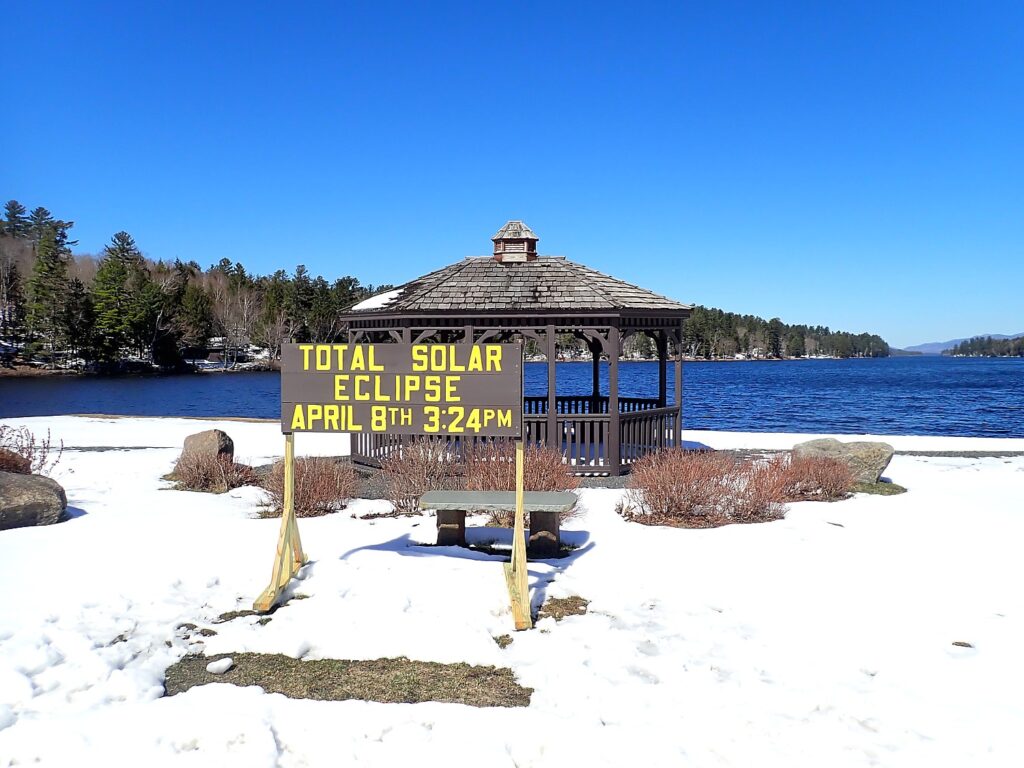
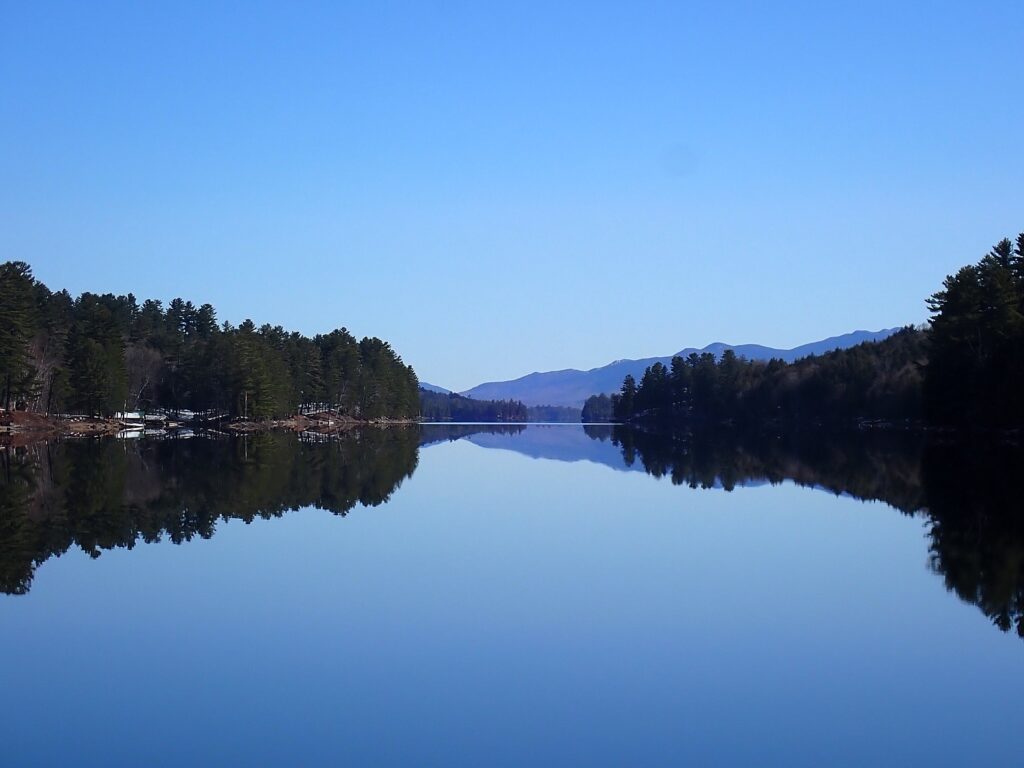

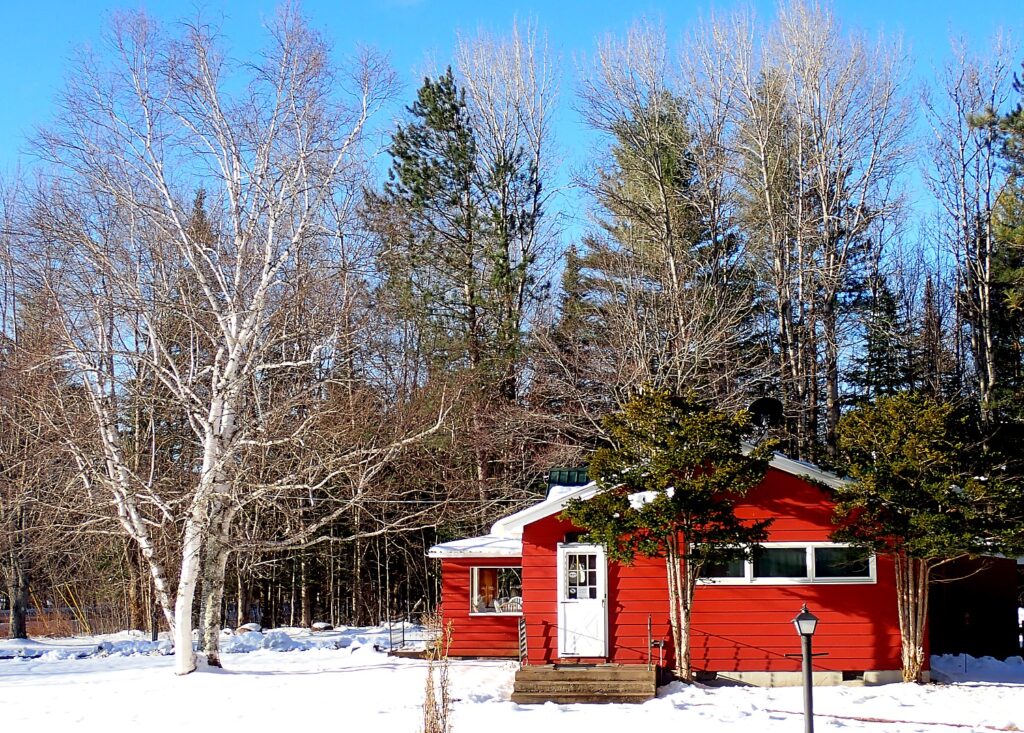
The next time you go:
It may be 400 years before a total solar eclipse returns to New York State, and this may have been a once-in-a-lifetime experience for millions, but there will be total solar eclipses coming up around the world. If you are now hooked on pursuing totality or if you regret missing out:
Prepare well in advance – even a year in advance. Research ideal locations based on path of totality and duration of totality (in North America, ranged from two to four minutes, so significant difference). Scout out locations and book hotel accommodations, travel to the extent possible even a year in advance for the best locations. (See: Fjords, Pharaohs or Koalas? Time to Plan for Your Next Eclipse).
Make sure you have solar glasses and necessary camera gear (solar filters, long-focus lens, ie 300 mm. Have TAPE to attach a paper solar filter to camera, as I used, if you don’t have the glass filter, check www.bhphotovideo.com). Practice in advance (the hardest part is switching from partial to total eclipse – you have to remove the solar filter and reset the manual settings). Review videos of techniques and get a list of suggested camera settings.
Go to the location at least the day before. Scout where you will be standing. Take sample photo of where sun will be at the time of the eclipse (usually one hour before and one hour after totality). Fill up gas tank, get supplies (food, water for next day).
Day of: download maps/directions (cell service may not be available). Get to the site EARLY to get parking and a position (set up your chair, so you can roam around, use restroom). Plan for extra traffic/time to get to site. Bring chair, camera, lenses, extra memory cards, SOLAR GLASSES, SOLAR FILTER, tripod, hat, sunglasses, jacket, book, charged cell phone, food, water.
_______________________
© 2024 Travel Features Syndicate, a division of Workstyles, Inc. All rights reserved. Visit goingplacesfarandnear.com and travelwritersmagazine.com/TravelFeaturesSyndicate/. Blogging at goingplacesnearandfar.wordpress.com and moralcompasstravel.info. Visit instagram.com/going_places_far_and_near and instagram.com/bigbackpacktraveler/ Send comments or questions to FamTravLtr@aol.com. Tweet @TravelFeatures. ‘Like’ us at facebook.com/NewsPhotoFeatures







I was there at Long Lake to witness this spectacular celestial event. I want to say how orderly, friendly and pleasant all the people were that we encountered in this lovely adirondack village ~Nikki